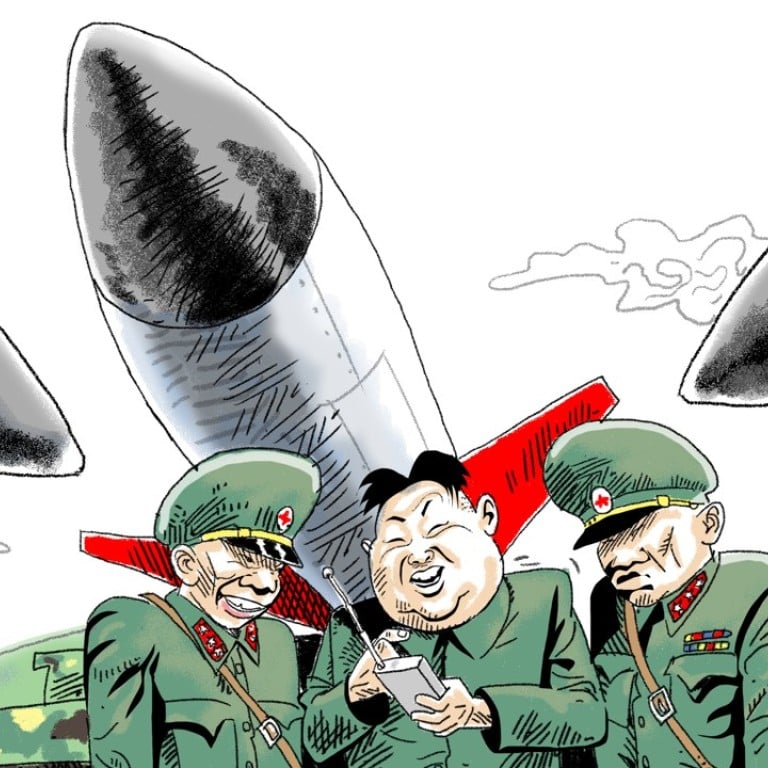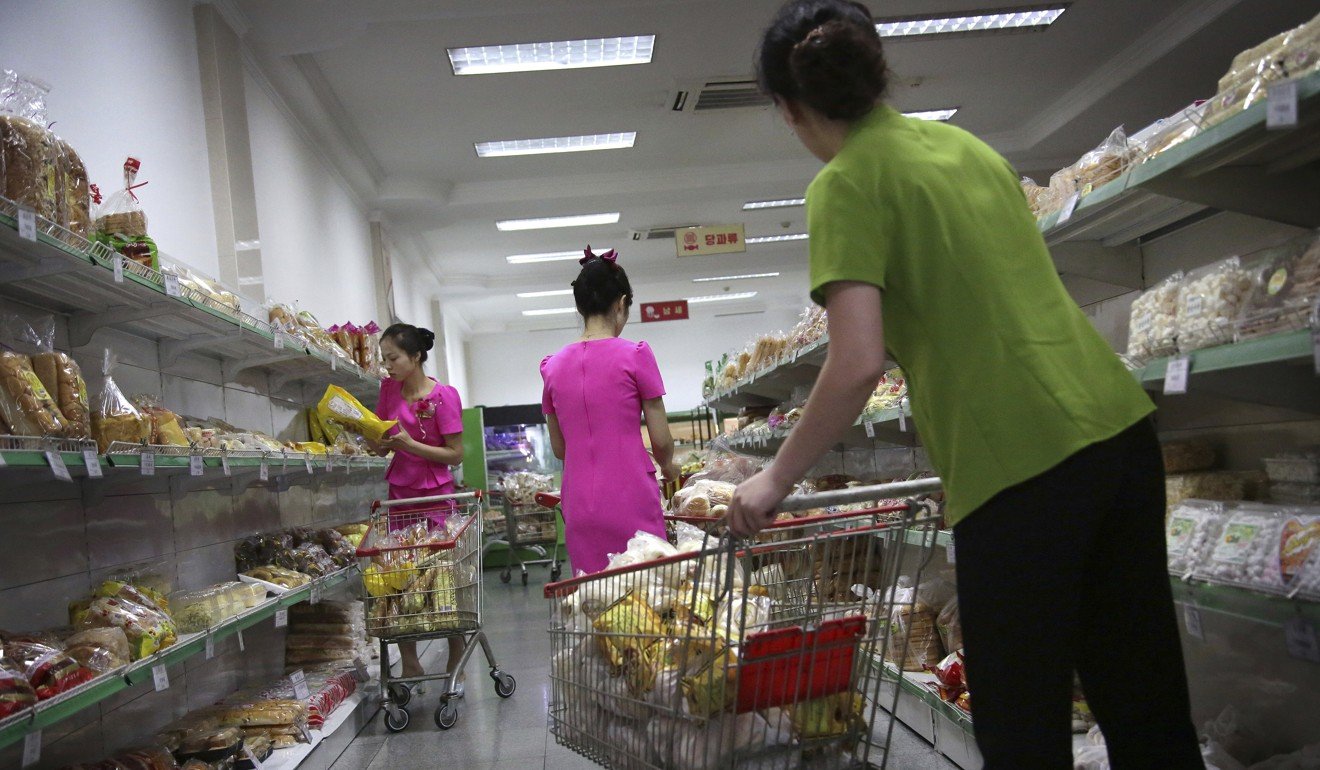
Why North Korea’s nuclear test may not be all bad
Deng Yuwen says the recent test, a slap in the face for both China and the US, could have a sobering effect on the two powers, sharpening the choices before them and strengthening their resolve to cooperate for a solution – by military means if necessary
But Pyongyang’s gambit may well backfire. Over the past year, since its fifth nuclear test, every test-firing of a missile has brought on a debate about how to rein in the North Korean regime, dividing China and the US. But, with this sixth test, the gap between them will narrow.
North Korea nuclear crisis: time to panic yet?
The test directly challenged China’s bottom line. I believe a red line had been drawn: China would not tolerate a sixth test. That is perhaps why, although Chinese intelligence had sounded repeated warnings of an imminent North Korean nuclear test in the past, none of them had materialised – until now. The North Koreans might have been wary of crossing China’s red line.
On its part, China has not only repeatedly called for calm throughout the crisis, but also rejected any US proposal to use force. It had also opposed crippling UN sanctions, for fear of pushing Pyongyang into a corner.
Watch: North Korea, China and the US react to Kim’s H-bomb test
How China responded to previous North Korean nuclear tests
China has realised these are its options. After the fifth nuclear test, Beijing issued statements expressing its “strong objections”, urging Pyongyang to stop all actions that would aggravate the situation and advocated a return to six-party talks. After this latest test, its tone was much tougher. Beijing not only strongly condemned the test, it also made no mention of the six-party talks. Instead, it urged Pyongyang to return to a realistic track of dialogue towards resolution. Thus, unless North Korea stands down, China’s stance will only get tougher.
Watch: The US says North Korean regime is ‘begging for war’

Oil supplies to North Korea could be cut, analysts say
The nuclear test has pushed China and the US a step closer towards cooperation. If neither wants to see North Korea become a nuclear power, they must put aside their mutual suspicion and work together, based on shared interests.
It’s the only way to send a message to Pyongyang that its possession of nuclear weapons will not be tolerated
On its part, China must actively cut off oil and food supplies for North Korea. This will tear apart the bilateral relationship, for sure, and may not even deter Pyongyang from its current path, but it’s the only way to send a firm message to Pyongyang that its possession of nuclear weapons will not be tolerated. It would also strike Pyongyang where it hurts.
China has long worried that such sanctions would lead to a North Korean collapse and a humanitarian disaster. If it is true, then Pyongyang would surely stop its aggression to ensure the people’s survival. If it did not care enough to stop its provocations, why should the international community be worried about its demise?
The moment of truth approaches. It is now up to the North Korean government to choose life, or death.
Deng Yuwen is a researcher at the Charhar Institute think tank

